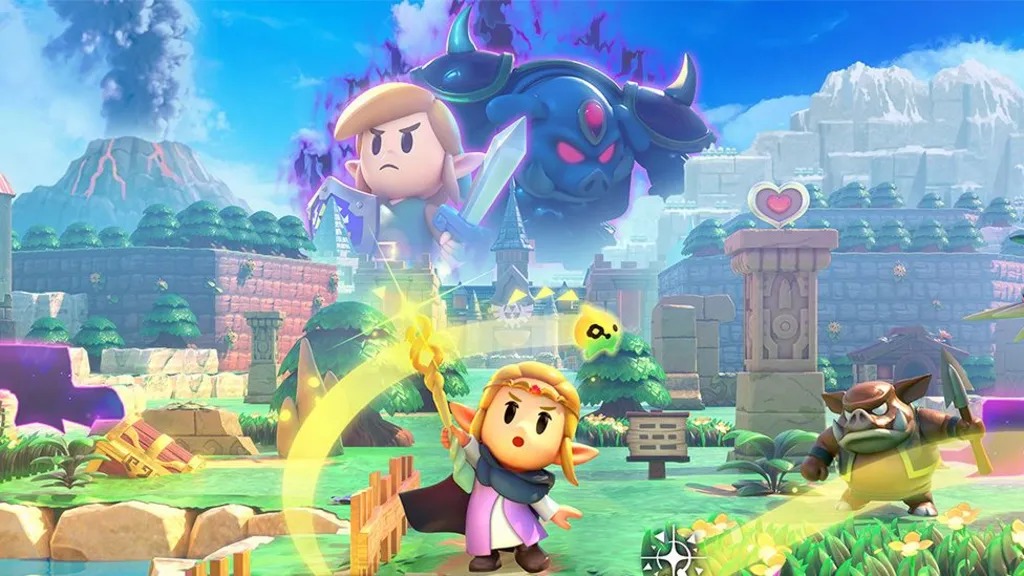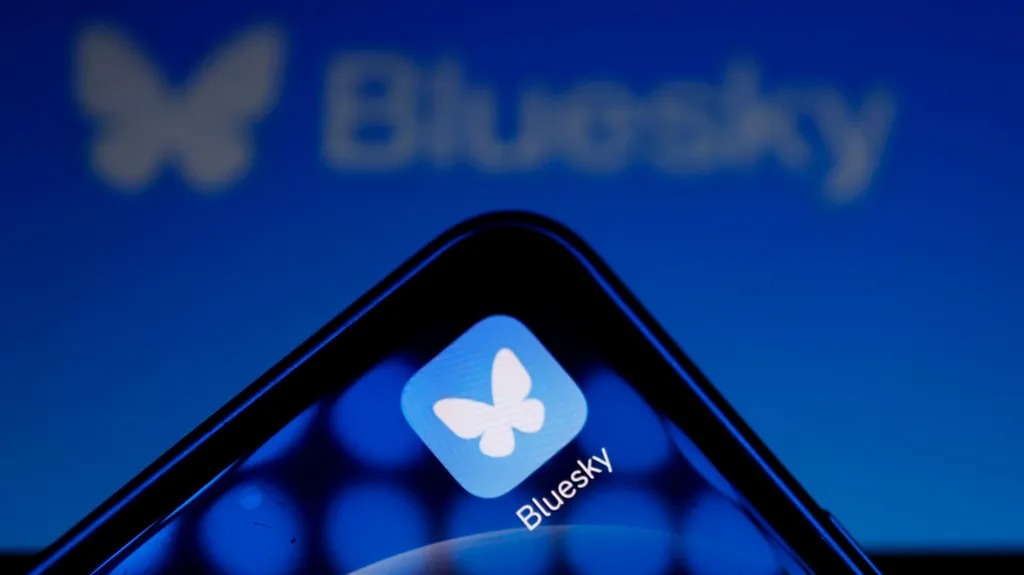
How Cosy Gamers Use Pokemon and Tetris to Improve Mental Health
For Danii, cosy gaming became a lifeline during challenging times. Growing up, she felt “a bit odd” and struggled to fit in, but games like Pokemon and The Sims offered her comfort and community. Cosy games, which focus on relaxation and creativity, have become a popular tool for managing mental health. These games, such as Animal Crossing, Unpacking, and Stardew Valley, offer a calming experience different from traditional games.
Are Cosy Games Good for Mental Health?
According to mental health charity Mind Cymru, cosy gaming can act as a coping mechanism for individuals dealing with anxiety, depression, and other mental health issues. Mum-of-five Danii Wills, 32, from Rhondda Cynon Taf, has been diagnosed with anxiety, depression, and Attention Deficit Hyperactivity Disorder (ADHD). For her, cosy games provided more than entertainment—they became a vital support system.
Danii found that online gaming, where she could talk to others for hours, gave her a sense of belonging. “It’s honestly helped me survive,” she said. “It got me through my absolute worst years.”
What is Cosy Gaming?
Cosy games differ from typical games by focusing on daily routines, community-building, and light problem-solving rather than combat or competition. Players often create cosy settings for their gaming, such as using soft lighting, blankets, and comfy spaces. Platforms like TikTok and Instagram are full of videos showcasing these cosy gaming set-ups, many of which have gone viral.
During the COVID-19 pandemic, cosy games, especially Animal Crossing, surged in popularity as people sought calming activities. Celebrities joined in, sharing their own cosy gaming experiences, which further boosted the genre’s appeal.
Community and Healing Through Cosy Gaming
Ben Ayling, 38, from Cardiff, has found solace in cosy gaming. As someone dealing with schizophrenia, other mental health challenges, and past drug addiction, Ben uses gaming to escape difficult thoughts. “After pressing the buttons for a few minutes, I’ve forgotten my struggles,” he explained. Gaming requires minimal effort but provides immense mental relief.
For others in the cosy gaming community, the sense of belonging is equally valuable. Many players find comfort in the shared experiences of playing online and openly discussing their mental health. Lindsey Lawrence, 37, who has fibromyalgia, turns to Tetris when her condition flares up. “A cosy game makes you feel warm and happy inside,” she said. “It’s more than just pixels; it goes beyond that.”
Why Cosy Gaming is a Form of Mindfulness
Cosy gaming isn’t just a distraction—it’s a tool for mindfulness. Simon Jones, head of policy and campaigns at Mind Cymru, explains that gaming, for some, is a valuable part of their mental health toolkit. “Gaming plays a role for some people, just as going for a run or reading a book does for others,” he said.
Graphic designer Zoe Phare, 32, who was bullied at school, found comfort in gaming. Characters from cosy games helped her feel less alone, and now she uses gaming to focus when her mind feels too active. For Zoe, gaming provides a sense of calm that helps put her mind at rest.
How Much Does a Cosy Gaming Set-Up Cost?
Cosy games are often cheaper than mainstream video games, with many created by smaller developers. These games can be played on various platforms, including desktop computers, laptops, Nintendo Switch, and Xbox. A fully decked-out cosy gaming set-up—complete with colorful lighting, soundbars, noise-cancelling headphones, and decorations—can cost between £200 and £4,000.
However, not all cosy gamers need a high-end set-up. For Danii, her ideal cosy gaming environment is simple: “I grab my blanket, cuddle up on the sofa, and my partner brings me coffee or hot chocolate. Once I’m settled in with my headset, I can relax and forget about my worries for a few hours. It’s wonderful.”
For more on the mental health benefits of cosy gaming, visit BBC News.
Check out more gaming stories at Kenkou Land.






